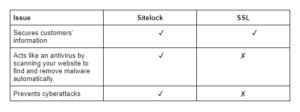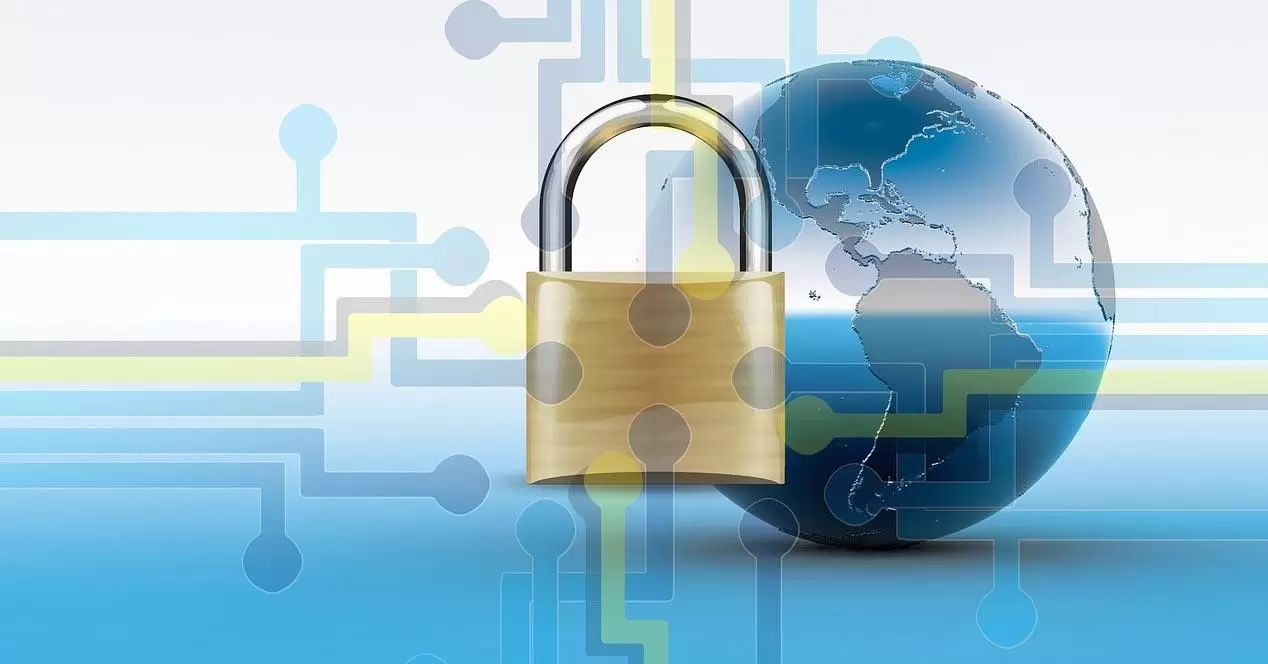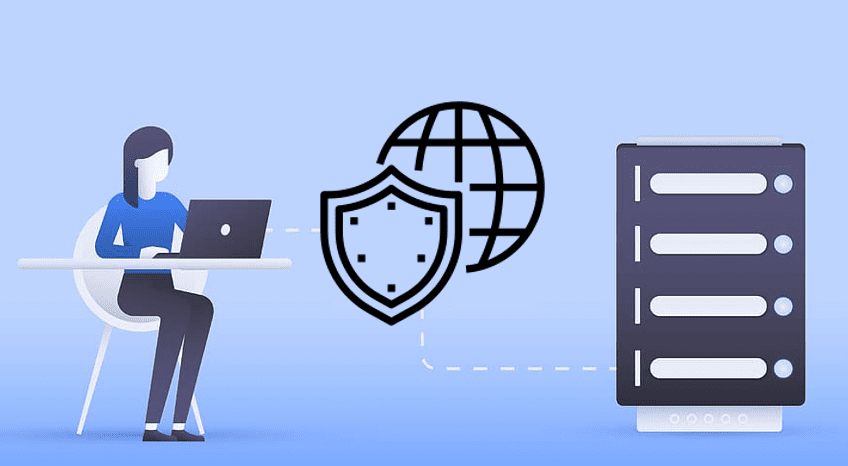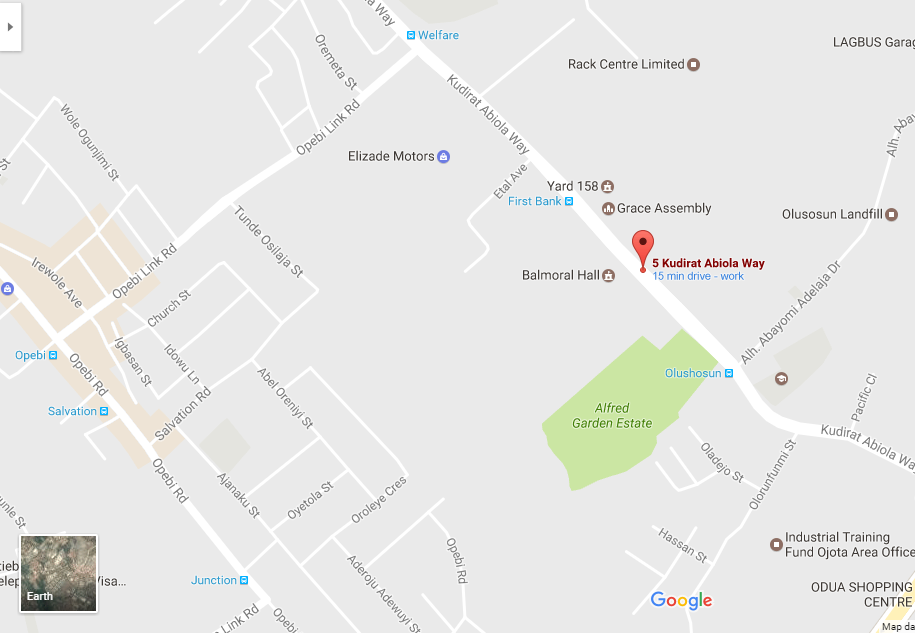Differences between Sitelock and SSL
Losing your website to cybercriminals or malware attacks is on the rise and if care is not taken, your website could be one of the many lost websites on the internet.
To prevent this from happening, it is very important that you are better informed of the right tool to use to ensure that your website is always safe and away from the prying eyes of malicious people.
This is why we have utilized the most advanced technology to be able to provide you, our valued customer, with convenient access to different website security solutions. As a result, we will be explaining two distinct security products as well as the differences between them so that you can make a more informed selection.
Sitelock is a website security technology that protects your customers’ information and acts as an antivirus for your website at any time, whereas a Secure Socket Layer (SSL) certificate establishes a secure connection between your browser (server) and your clients’ information, such as email addresses, credit or debit card information, phone numbers, and so on.

So, let’s take a closer look at this table to discover how Sitelock differs from an SSL certificate.
What exactly does this indicate?
Having an SSL certificate for your website will only secure your clients’ personal information, but getting a Sitelock plan for your website is massively better since it functions as an anti-virus for your website, monitoring it for viruses and eliminating it automatically.



